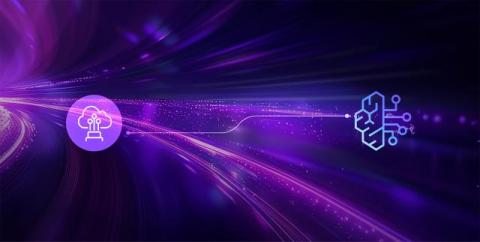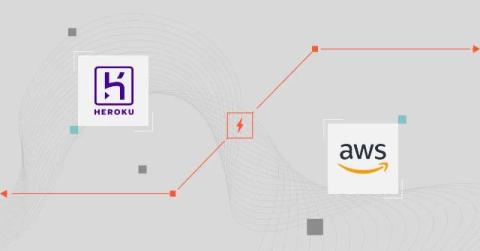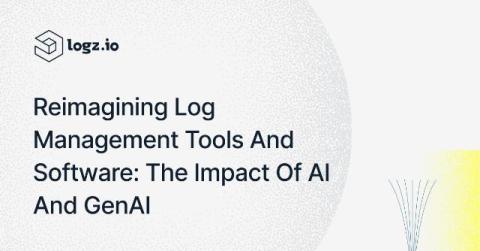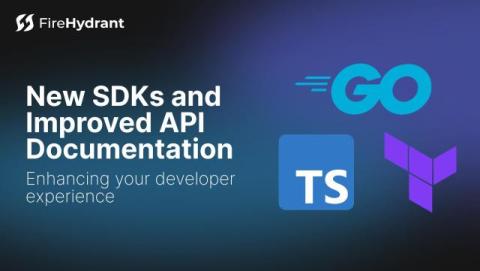How to Deploy Amazon Bedrock Using AWS Direct Connect and Megaport
Discover how you can use Megaport to access Amazon Bedrock via AWS Direct Connect for secure AI connections. Based on our recent conversations with networking teams and AWS users, 2025 is the year for implementing AI rather than just talking about it. But for many organizations starting their generative AI journey, a major concern is keeping data secure and private when it’s used for model tuning. This is just what Amazon Bedrock was made for.











